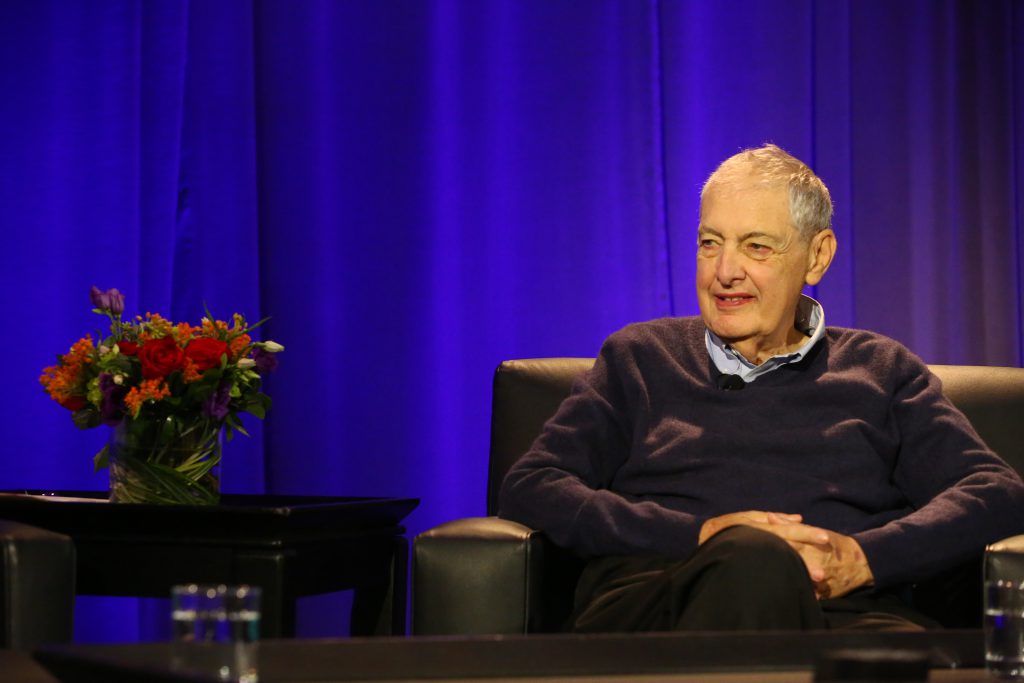Inside the Psychologist’s Studio with Lee Ross

APS Fellow Lee Ross jokes that the scientific term he’s famous for, Ross’s fundamental attribution error, sounds as if he’s the one who made the error.
More than 40 years ago, the Stanford University social psychologist coined the term to describe the way we attribute another person’s behavior to individual characteristics and overlook the situation in which the behavior occurs. His work on this phenomenon has become a classic in the field. He now talks about to the truly fundamental attribution error, or “the illusion of objectivity — that what I see in the world is as it really is.”
Ross spoke at length about that his research on human inference, judgment, and decision-making in the latest installment of the APS video series “Inside the Psychologist’s Studio.” Interviewed by his former student, Swarthmore College psychology professor Andrew Ward, Ross also discussed his three decades of initiatives to apply his research to citizen diplomacy and conflict resolution in the Middle East, Northern Ireland, and other parts of the world.
See the full collection of Inside the Psychologist’s Studio interviews here.





APS regularly opens certain online articles for discussion on our website. Effective February 2021, you must be a logged-in APS member to post comments. By posting a comment, you agree to our Community Guidelines and the display of your profile information, including your name and affiliation. Any opinions, findings, conclusions, or recommendations present in article comments are those of the writers and do not necessarily reflect the views of APS or the article’s author. For more information, please see our Community Guidelines.
Please login with your APS account to comment.